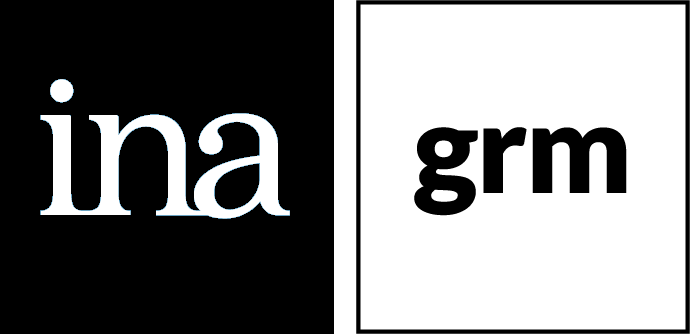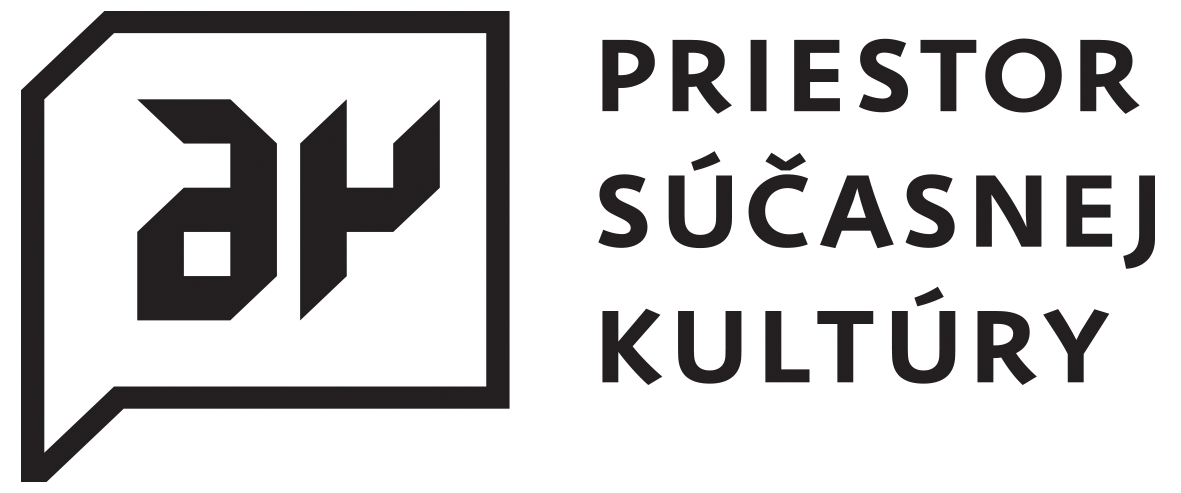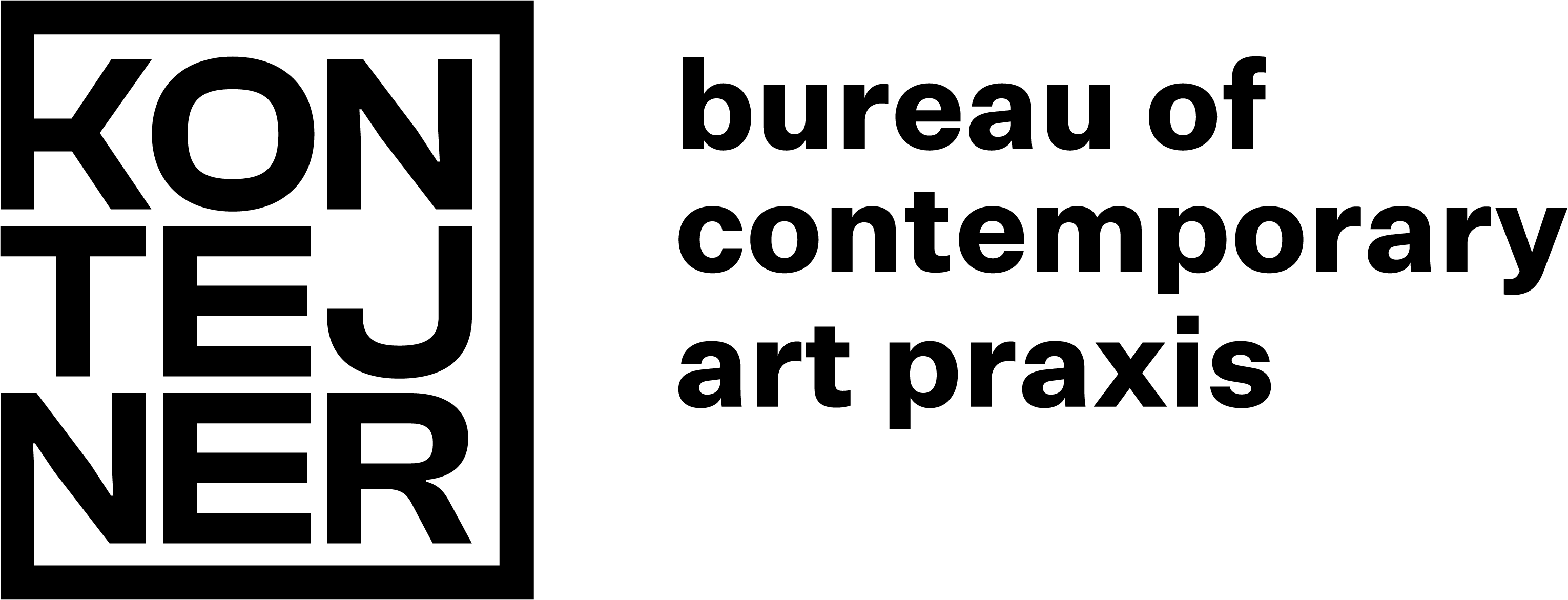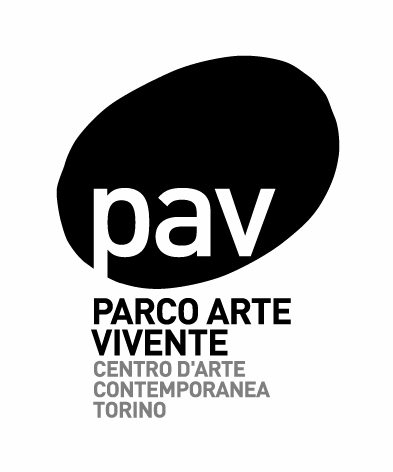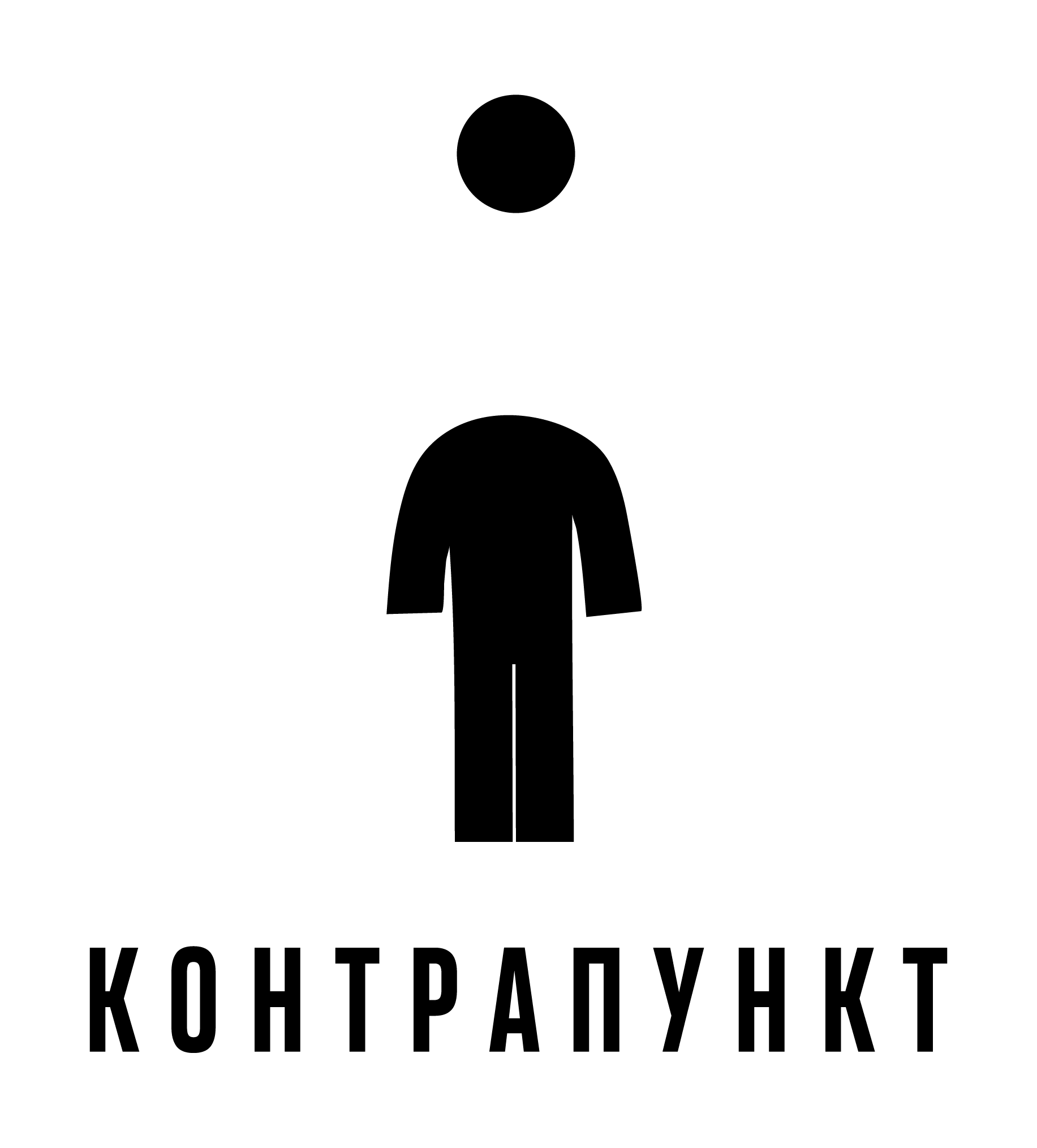Narconomics: Transnational Drug Trafficking & Corruption. Panel at DNL symposium Organised Crime
𝗡𝗮𝗿𝗰𝗼𝗻𝗼𝗺𝗶𝗰𝘀: 𝗧𝗿𝗮𝗻𝘀𝗻𝗮𝘁𝗶𝗼𝗻𝗮𝗹 𝗗𝗿𝘂𝗴 𝗧𝗿𝗮𝗳𝗳𝗶𝗰𝗸𝗶𝗻𝗴 & 𝗖𝗼𝗿𝗿𝘂𝗽𝘁𝗶𝗼𝗻
Panel part of DNL conference Organised Crime.
With Stevan Dojčinović (Investigative Reporter and Editor, Organized Crime and Corruption Reporting Project, OCCRP, SRB), Floriana Bulfon (Investigative Journalist, IT), Shehryar Fazli (Author and Senior Policy Advisor, Asia-Pacific, OSF, PK/UK). Moderated by Denisse Rodriguez Olivari (Researcher, PE/IT).
00:00 Intro Trailer
00:17 Mauro Mondello
01:43 Denisse Rodriguez
03:01 Stevan Dojčinović
23:28 Floriana Bulfon
43:21 Shehryar Fazli
1:03:57 Discussion + Q&A
Drug trafficking is a highly lucrative market worldwide, with an estimated value of 30 billion Euro per year in the European Union, and is estimated to account nearly 1.5% of total global trade. In the context of transnational organised crime, it is an especially complex form of criminal activity, frequently involving several states and often overlapping with other offences, including financial crime and cybercrime. This panel details how drugs are trafficked and how this impacts technical and organisational complexity, with crime groups involved becoming more specialised and more fully interconnected.
Organized crime has grown in size and strength over the past three years. While citizens in various countries were still isolated due to the coronavirus, organised crime was moving drugs and money across the globe, and effectively organising murders of opponents. Investigative reporter Stevan Dojčinović will dwell deep into new ways criminals are organising themselves, and how super cartels are making organised crime organisations larger. Today, seizures of one to ten tons of drugs are a regular occurrence and are no longer as damaging to criminals as they once were. Dojčinović will describe how global narcotic smuggling works from the Balkans and Europe to North America, and from South America to the Pacific.
His focus will be on the various ways in which criminals overcome barriers to grow their businesses, protect themselves, and hide their money. Trends include adopting software to encrypt communication, using offshore companies to launder billions of euros, moving leaders of organised crime groups to Dubai where they are protected from international warrants, but most importantly, investing a lot in corruption and making connections with governments on the highest level.






